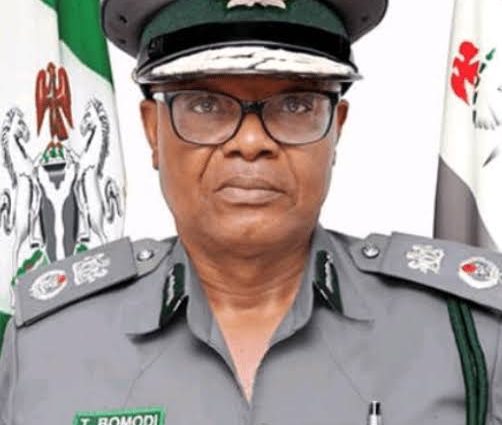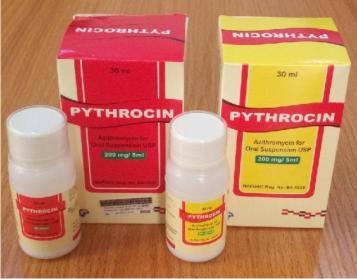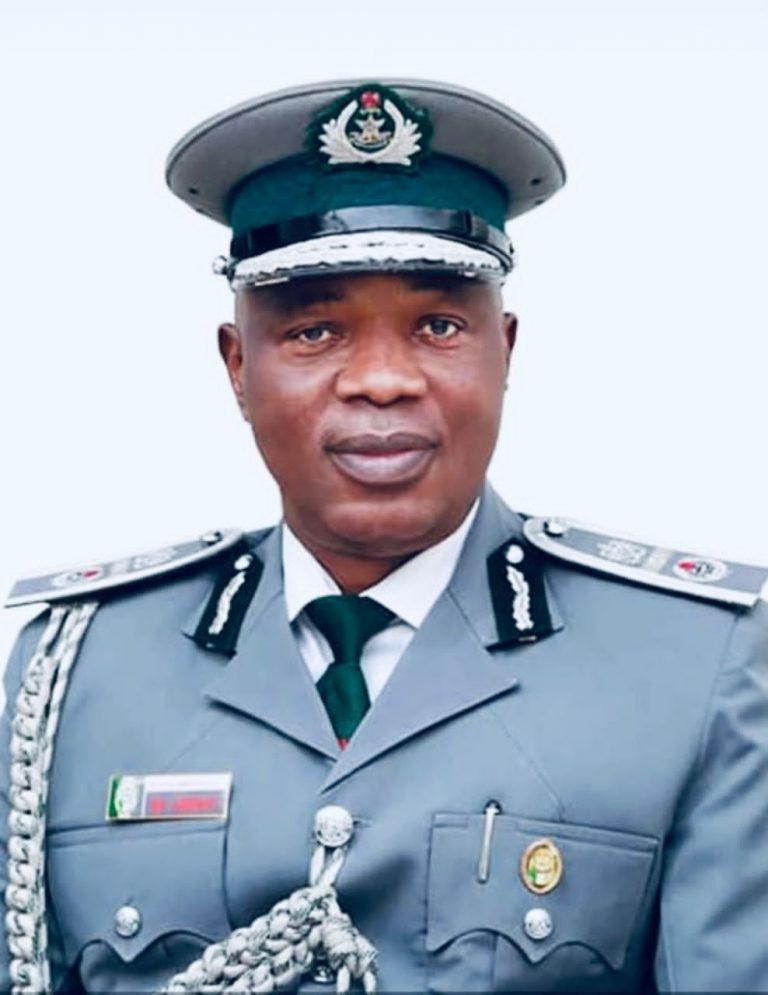
CGC BASHIR ADEWALE ADENIYI
The Area Controller of Seme Krake Joint Border Post, Comptroller Timi Bomodi has disclosed an on-the- spot plan of the Nigeria Customs Service to set up Skills Acquisition Centres for Seme Border community dwellers. In this incisive interview with our publisher, Mr. GODWIN OBI. Compt. Bomodi described the project as a novel initiative which will be replicated across other Nigerian borders. He also shared some of his Unit’s anti-smuggling strategies adopted to minimize smuggling activities and enforce trade at the border, as well as reasons for impressive revenue harvest despite closure of borders for a long time. Compt. Bomodi finally explains why there is a seeming growing confidence and commitment of officers in the leadership of the present Nigeria Customs Service. Excerpts:
What are the challenges confronting facilitating international trade at Seme border?
All borders have their own unique identifiers. There is something peculiar about each border and beyond the terrain is the kind of working relationship that exists on both side of the border. Seme Krake Joint border post is unique in the sense that on the West African trade corridor which extends from Lagos all the way to Abidjan plays a pivotal role in managing the movement of goods and people. It is the single busiest route in the region and because of its unique place, geographical location there are certain things that are expected to be in place especially if you are looking at customs operations from the angle of trade facilitation, revenue collection and enforcement of fiscal policy.
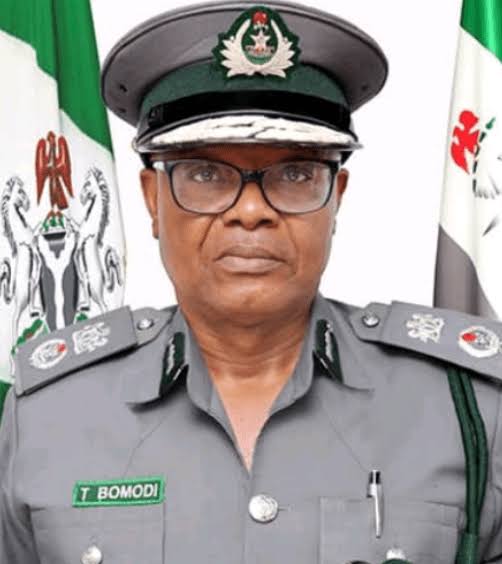
Comptroller Timi Bomodi
If we start with trade facilitation you have to look at potentially the kind of infrastructure that is in place. If the infrastructure is actually helping to facilitate trade, If the answer is yes, we can say lets look at how we can improve on it and if the answer is no, then we say okay, how can we make it better? So we look at two components; we look at the ones we can control which is service infrastructure and then you look at the ones we cannot control which are the other things outside our environs – so you talk about other government agencies and possibly other non-state actors but within our environs we have managed to work out a working relationship with our Benin Republic counterparts that allows for a joint examination of cargo, the management of affairs within the joint border post in synergy with our brothers on the other side.So it makes operations within the border post a lot easier and that is a huge plus. As regards the experiences of traders or other road users on this road we hear frequent complaints of multiple checkpoints when they are coming to the border or when they are leaving the border into Nigeria in case of imports and that I consider as a major impediment to trade. And when I came down here one of the first things I did was to cut down the number of checkpoints that we have and to rejig our enforcement architecture in such a way that eventhough we reduce number of checkpoints we place the ones that are existing at strategic locations that makes it easier to still carry out their mandate. Because as I said we have a unique terrain and this unique terrain is one apart from the road, we have two other major points of access, the Atlantic and the rivers at the back. And we have multiple communities on this road and one has to think of how do you create checks that while it is facilitating trade you have to ensure that people don’t bring in things that they are not supposed to. And so we did that and it has proven to be very effective from the point of view of enforcement. We have also significant increase in the amount of exports that have been treated. We simple respond to complaints of trader especially, exporters given that as we speak today the export sector is the one that government is paying serious attention to, so we want to encourage them by ensuring that they face as few obstacles as possible.
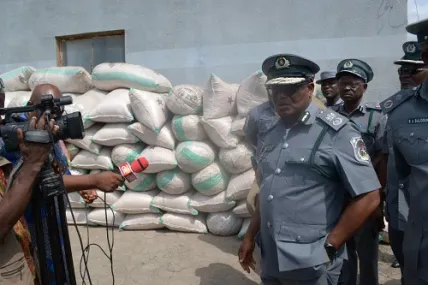
Can you share some of your anti-smuggling efforts?
We have had very cordial relationship with the community people and that stems from the fact that we have had the buy-in of the community leaders right from the Oba Ankra of Badagry with other Obas within the area. We sought their buy-in, explaining to them what the stand of government is in terms of policy and why it is important for them to tell their community dwellers to abide by government policy and follow regulations as regards trade. Their response has been very encouraging. This corridor is regarded as most peaceful, simply because through constant dialogue, we have been able to get most dwellers on our side and let them understand the need for people to be law abiding.
Your command experienced some sort of bumper harvest in revenue despite close of borders. What factors aided such impressive revenues?
Last year we had over 300 percent increase in our revenue, That could be as a result of many factors, as I said one of the first things I did was to dismantle a number of checkpoints that had existed before now. Again, we had a closure of Niger border, that again impacted on the revenue of this command. Trade that would have been occurring in other parts of the country some of them got moved to our side. There are also other factors. Again, that was why our expected revenue was jerked up to N7bn.
What other options are you considering to arrest smuggling , as smugglers still constitute a significant impediment to border trade?
Well, as you know, there is no country in the world that has successfully wiped out smuggling, even the most advanced country-America has not succeeded in wiping out smuggling; It is a global phenomenon. What we are trying to do here is to reduce it to the barest minimum. Here we have identified certain peculiarities and it is not only at the Seme krake axis, it is something that is common to borders especially all over Nigeria and in the entire West Africa, and it is a fact that most border communities are bereft of infrastructures and there are little or no jobs. So we are trying to adopt another approach. People will lend themselves to some of these illegal activities when they perceive they can’t get jobs and not because they want to break the laws but they want to survive. So what we are trying to do here with the approval of the Comptroller General is to set up Skills Acquisition Centres “SAC” which is novel and hopefully will be replicated across Nigerian borders. The Skills Acquisition Centres will provide multiple opportunities for border community dwellers to be trained in different vocations. You have people to be trained on how to make clothings, some wood-works, catering et cetera. As soon as they are equipped with these skills they have something to exchange for money and make career out of it. Rather than waiting for jobs to be given, these people can actually, with the right incentives, become employers of labour. If two percent of the population of border community dwellers participate in this programme, in less than five years, we can change the narrative of border community dwellers because there is a potential for exponential increase in earnings. Adopting this particular strategy, community dwellers know that they can now feed themselves and their families. When the community dwellers can take care of their livelihood, then the tendency to lend themselves to smuggling will be erased. Overtime, people will say, look, this is something you don’t need to be afraid of, you don’t have to run anymore or your items seized
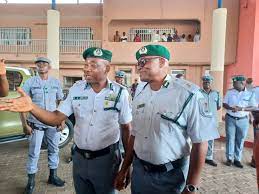
Comptroller Dera Nnadi and Timi Bomodi at a function
This is the approach the service is taking and we are already talking with our counterparts on the other side.
There appears to be growing confidence and commitment of officers in the leadership of the present Nigeria Customs Service and officers appear to be multifaceted?
Well, every officer that is recruited into the service as a general duty officer is going to be multitask-er. That is the training you have. Most of us that came in as graduates had the orientation within the whole body of customs where we can optimize our abilities, explore our career options and then begin to add value to the system. Some of us have been fortunate to have worked in various capacities, the exposure has been wonderful at the early stages of our career so that as you begin to rise you now use your residual knowledge, experience that you gathered at different levels of service and apply them in real life situations, making it a lot easier for one to function at the highest level.
Fortunately for us today, we have a leader who is at the helm of the affairs who has that kind of experience and exposure and everybody is seeing the positive effect it is having generally on the service.
And that is what working in Customs offers every Nigerian. Every young person who wants to make a career in customs should expect a rich and very extensive diverse experiences that will add value to them not just as customs officers but as Nigerians.
How do you rate the media coverage of your activities?
I appreciate the role that the media plays in the efforts of the service; You guys carry the message of the Nigeria Customs Service to the people and we appreciate your objectivity in that regard. We also appreciate the fact that rather than relying on rumours or hearsay about what may or may not be happening in the service, media houses with the track record of fairness will actually go to find out the true position of things and report back accordingly.
I can’t thank the media enough because if you wink in the dark no body will be able to see you and so it is that public positive projection of the service that we appreciate and wish even more of that.
ADVERTISEMENTS




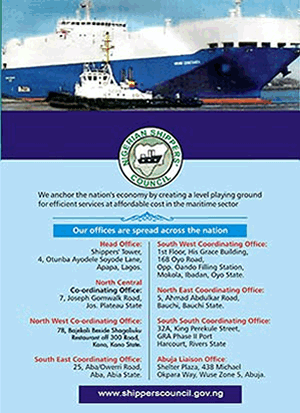
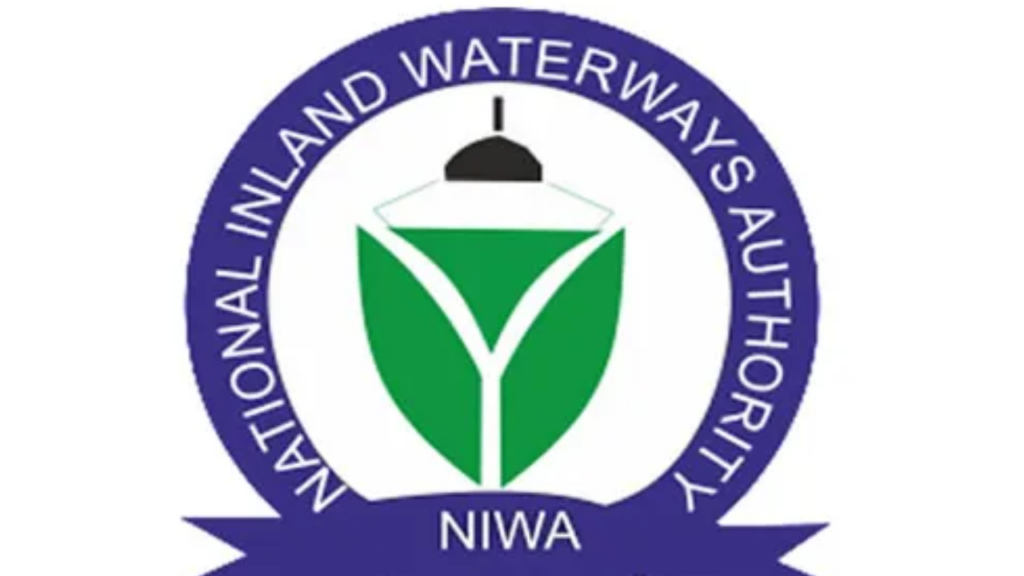
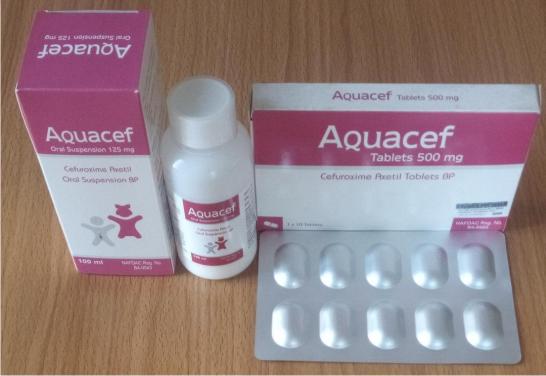
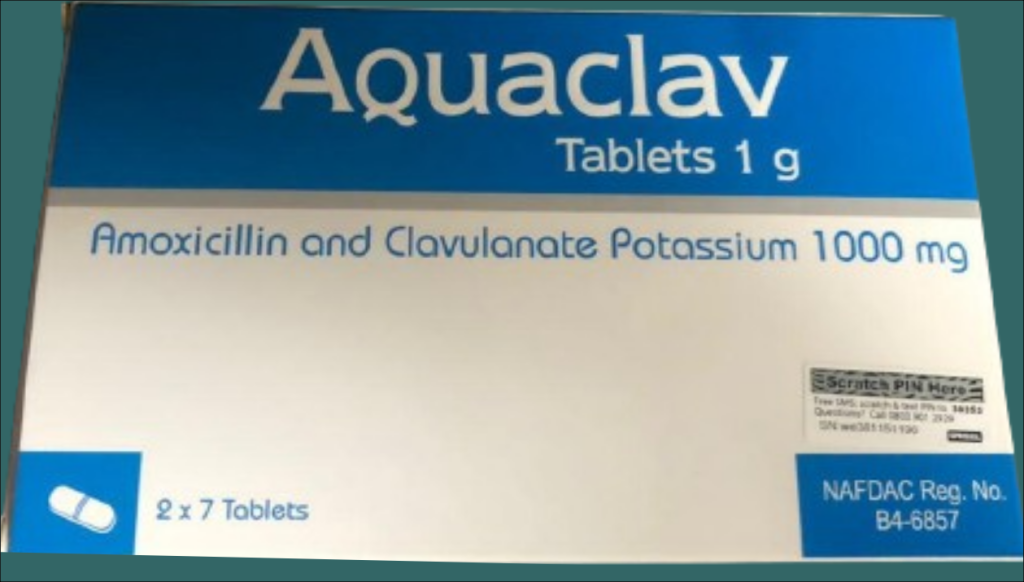

Pythrocin distributed by Pinnacle Health Pharmaceuticals Ltd




